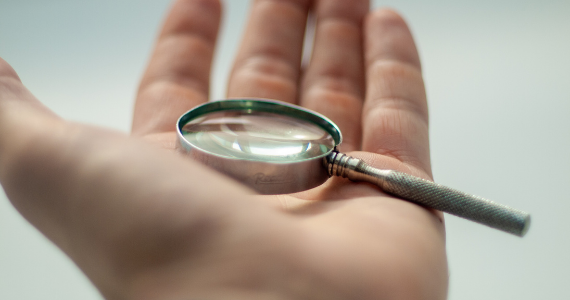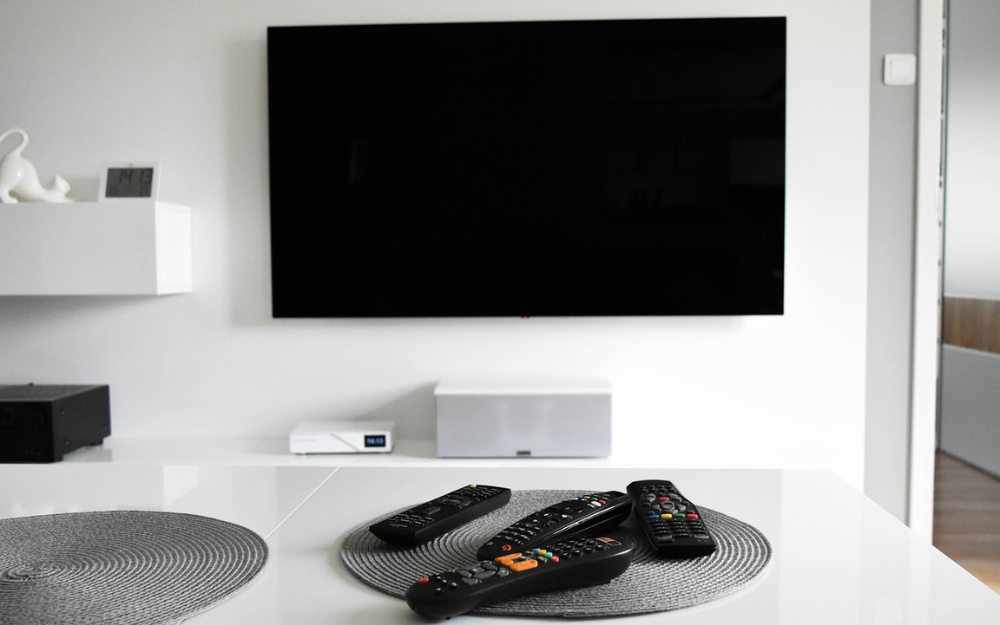Small business owners can often fall into old habits at tax time, without considering some of the less obvious or most recent ATO tax deductions available. Don’t leave these off your list for tax minimisation this EOFY.

To keep a healthy bottom line, businesses need to be smarter and sharper every financial year.
As we approach the halfway point in the calendar year, and with end of financial year (EOFY) just around the corner, it’s about this time that people begin to think about tax – especially: ‘What can I claim in tax deductions?’.
What can I claim on tax?
Whencompleting your tax return, there are a number of deductions you can claim against expenses related to your work.
Things like travel expenses, home office expenses, education and even internet and mobile phone connection expenses may be tax deductible.
The following list details the most commonly overlooked deductions you can claim when completing your tax return, but be sure to check your individual situation with a registered tax agent, as the specifics may change from person to person.
1. Prepay expenses
With tax deductions, every little bit counts. Prepaying your expenses can bring forward your tax deductions so you don’t need to wait another year to get it. You can prepay expenses such as subscriptions, business travel expenses, training events, leases, rent, phone, internet, insurance and business asset repairs, not exceeding more than one year.
2. Review your stock and inventory
Take a good look at your stock, identify any damaged or obsolete stock and write it down or write it off. This exercise will impact the value of the trading stock and your profit margins. You will also need to consider how to value your stock trading every financial year, as you may be entitled to a tax deduction when the opening stock exceeds the closing stock.
3. Review your asset acquisition
Do you need new assets? Well now may be a good time to purchase them. As part of the 2017 budget, small business and sole traders have been given a $150,000 tax deduction for any eligible business.
The items purchased can be brand new or second-hand and need to relate to your business. This new deduction goes through to 30 June 2021. The key here is the asset must be installed and ready for use by 30 June. Paying for it or receiving and invoice is not enough.
4. Union fees
If you pay these each year, you’re entitled to a tax deduction under ‘D5-Other’ work-related expenses.
5. Donations
Don’t get caught out on this one. Donations of $2 or more to an appropriate charitable organisation is tax deductible if you have a receipt. But not all deductions are equal.
Donations must be made to a Deductible Gift Recipient in order to be claimable. Most private donations such as Go Fund Me causes are not deductible.
6. Rental property expenses
Rental property expenses often go unclaimed. The most forgotten deductions are: bank fees, gardening and lawn mowing, pest control, security patrol fees, secretarial and bookkeeping fees, travel and car expenses for rent collection, inspections of property and maintenance.
7. Working from home expenses
With COVID-19 causing many people to work from home, the ATO have introduced a temporary 80 cents per hour, all-inclusive claim amount for employees. It’s limited to the period from 1 March 2020 to 30 June 2021 and all you need are timesheets, rosters, diary or other documentation to prove the house you worked from home.
Best of all, it’s an all-inclusive rate, so there’s no need for receipts or invoices.
8. Home office expenses
If you work from home, you may be able to claim “occupancy cost” and the cost of using your personal computer, software, equipment, furniture, lighting, heating and a percentage of your rent/mortgage as a tax deduction.
However, you may not get the full main residence exemption if your home is your principal place of business, for more information visit the ATO website.
9. Income protection insurance
You’re entitled to a tax deduction for insurance premiums paid against the loss of income. Remember though, that this does not include life insurance, trauma insurance or critical care insurance.
10. Medical expenses
A commonly missed deduction, claims for net eligible expenses for disability aids, attendant care or aged care is one to watch out for.
Learn more about this type of deduction via the ATO website.
11. Work-related car expenses
Business owners who use their personal car for work-related reasons, apart from driving to and from work, can usually claim fuel and maintenance costs as a tax deduction. To be eligible, you must be the owner of the car and your travel must be part of your working day.
For example: driving between offices, special trips to the post office or bank or moving from one job site to another.
12. Internet expenses
If you ever work from home and you have your internet connection in your name, then it’s likely you could claim your Internet expenses as a deduction. Estimate your monthly work use as a percentage of the total household use.
13. Mobile phone expenses
As a business owner, you can claim the cost of your work-related calls, not your entire phone bill. It’s a good idea to keep a logbook of when you use your personal phone, to determine the average percentage of your calls that are work-related.
14. Self-education expenses
You can claim self-education expenses if there’s a connection between the course and your role in your business. You could be entitled to a tax deduction for expenses including the following:
-
Textbooks, professional and trade journals
-
Stationery
-
Photocopying
-
Computer expenses
-
Student union fees
-
Student services and amenities fees
-
Accommodation and meals, only when participating in your course requires you be away from home for one or more nights
-
Running expenses if you have a room set aside for self-education purposes – such as the cost of heating, cooling and lighting that room while you are studying in it
-
Allowable travel expenses.
Self-education expenses are broken into five categories. If all of your self-education expenses fall into ‘category A,’ then you may reduce your deduction by $250.
15. Sun protection
You’re entitled to a tax deduction for sunglasses if, as part of your employment, you are required to work outside for prolonged periods.
There’s no limit on how much you can spend on sunglasses but remember that if they are more than $300 the ATO expects that they should then last for more than 12 months – meaning you should claim the depreciation on the glasses rather than an upfront deduction.
16. Laundry expenses
You can claim a deduction for the cost of buying and cleaning occupation-specific clothing, protective clothing and unique, distinctive uniforms.
You can use a reasonable basis to calculate an amount to claim as a tax deduction such as $1 per load for work-related clothing, or 50 cents per load if other laundry items were included.
17. Cost of managing your tax affairs
Did you use r tax agent to prepare and lodge your tax return last year? If you did, then you can claim the amount you paid last year – on this year’s return.
On your tax return, simply put the amount you paid into section ‘D10 – Cost of Managing Tax Affairs’. The fees you pay for tax return help are always tax deductible.
18. Financial loss and bad debts
Don’t overlook the possibility of facing a financial loss this year. Speak to your financial advisor to discuss steps that can be taken to minimise the impact, and what can be done to help offset the loss against other incomes, such as salaries and wages.
You’ll also need to prove that you have made a genuine attempt to recover any bad debts that may have arisen. Your financial advisor can explain how to document the debt as evidence the amounts were written off before the end of the financial year.
MYOB Essentials is easy online accounting that has everything you need to take care of business, including being ATO compliant.
The information provided here is of a general nature for Australia and should not be your only source of information. Please contact us on Phone: 61 (08) 9381 2944 as each small business’ circumstances will vary for end of financial year.
Source: MYOB April 2021
Reproduced with the permission of MYOB. This article by Debra Anderson was originally published at https://www.myob.com/au/blog/overlooked-ato-tax-deductions-minimisation-tips/
Important:
This provides general information and hasn’t taken your circumstances into account. It’s important to consider your particular circumstances before deciding what’s right for you. Although the information is from sources considered reliable, we do not guarantee that it is accurate or complete. You should not rely upon it and should seek qualified advice before making any investment decision. Except where liability under any statute cannot be excluded, we do not accept any liability (whether under contract, tort or otherwise) for any resulting loss or damage of the reader or any other person.
Any information provided by the author detailed above is separate and external to our business and our Licensee. Neither our business nor our Licensee takes any responsibility for any action or any service provided by the author. Any links have been provided with permission for information purposes only and will take you to external websites, which are not connected to our company in any way. Note: Our company does not endorse and is not responsible for the accuracy of the contents/information contained within the linked site(s) accessible from this page.


